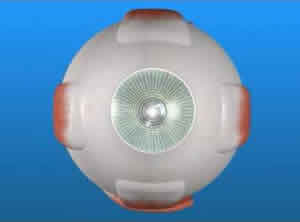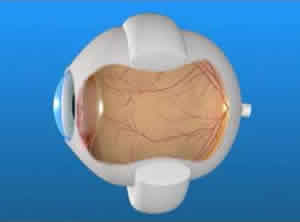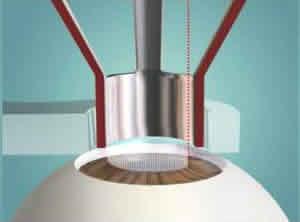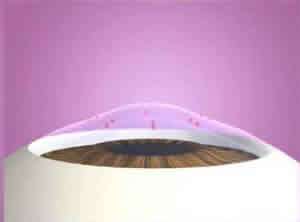Eye exams: What to expect
Eye exams are an important part of preventive health. If you know what tests to expect and what each test checks, you’ll get more out of your eye exam.
An eye exam is one of the best ways to protect your vision because it can detect eye problems at their earliest stage — when they’re most treatable. Regular eye exams give your eye care professional a chance to help you correct or adapt to vision changes. And eye care specialists can give you expert tips on reducing eyestrain and caring for your eyes.
How should you prepare for an eye exam?
If you’re seeing a new eye doctor or if you’re having your first eye exam, expect questions about your vision history. Your answers to these questions help your eye doctor understand your risk of eye disease and vision problems. Be prepared to give specific information, including:
- Are you having any eye problems now?
- Have you had any eye problems in the past?
- Do you wear glasses or contacts now? If so, are you satisfied with them?
- What health problems have you had in recent years?
- Are you taking any medications?
- Do you have any allergies to medications, food or other substances?
- Has anyone in your family had eye problems, such as cataracts or glaucoma?
- Has anyone in your family had diabetes, high blood pressure, heart disease or any other health problems that can affect the whole body?
If you wear contact lenses, bring them to your appointment. Your eye doctor will want to make sure your prescription is the best one for you. Also be prepared to remove your contacts for certain exams. Tests that use orange dye (fluorescein) to temporarily color your eye may permanently dye your contact lenses. You’ll want to take them out before those types of tests.
For more information on Comprehensive Eye Exams, click here.





